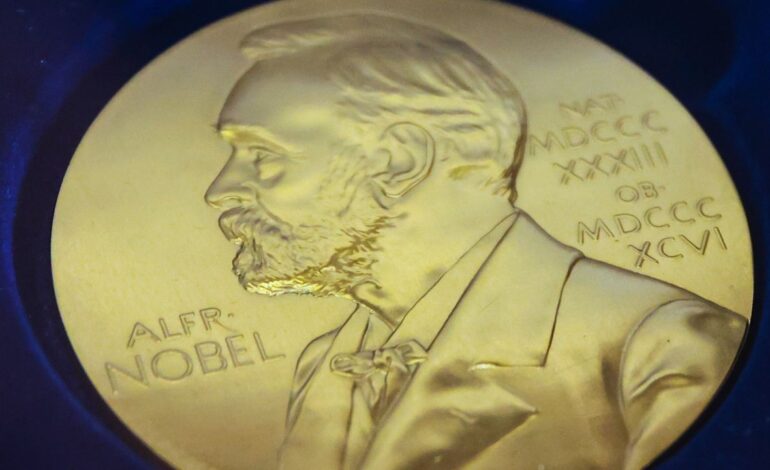Nobel Prize in Chemistry Awarded for Breakthrough in Materials Science

The 2025 Nobel Prize in Chemistry has been awarded to scientists Susumu Kitagawa, Richard Robson, and Omar M. Yaghi for their pioneering work in developing metal-organic frameworks. The announcement was made by the Royal Swedish Academy of Sciences during a ceremony held in Stockholm, Sweden, on October 8, 2025. This prestigious award, marking the 117th Nobel chemistry prize, includes a cash prize of 11 million Swedish kronor, equivalent to $1.2 million.
The research conducted by Kitagawa, Robson, and Yaghi has significant implications for materials science, particularly in the realm of gas storage. Their innovative frameworks can contain vast amounts of gas within a compact space, drawing a parallel to the enchanted handbag of Hermione Granger from the popular Harry Potter series. This analogy highlights the remarkable capabilities of these materials, which could lead to advancements in various fields including energy and environmental science.
The trio’s contributions to the field of chemistry have opened new avenues for research and application. By combining metal ions with organic molecules, they have created structures capable of selectively absorbing and storing gases. This technology holds promise for addressing critical issues such as carbon capture and hydrogen storage, which are essential for combating climate change and promoting sustainable energy solutions.
As the scientific community celebrates this achievement, the Nobel Prize continues to recognize and honor groundbreaking discoveries that push the boundaries of knowledge. The focus on metal-organic frameworks serves as a reminder of the importance of innovation in addressing some of the world’s most pressing challenges.
This year’s Nobel Prize in Chemistry not only highlights the individual talents of Kitagawa, Robson, and Yaghi but also underscores the collaborative nature of scientific progress. Their work exemplifies how interdisciplinary approaches can lead to significant advancements and inspire future generations of scientists.
As the world reflects on this achievement, the ongoing exploration of materials like metal-organic frameworks promises to yield further breakthroughs that could transform our understanding and utilization of gases in various applications. The excitement surrounding this award signifies the potential for continued innovation in chemistry and materials science, reinforcing the vital role these disciplines play in shaping a sustainable future.






